Organic Hibiscus, also known as roselle or Jamaica sorrel, is a captivating flower that has graced gardens and adorned cultures for centuries. Its stunning blooms, ranging from vibrant red to delicate pink, have inspired artists and captivated onlookers worldwide. But beyond its aesthetic appeal, hibiscus harbors a wealth of health benefits and culinary versatility, making it a true gem among flora.
A Botanical Beauty: Organic Hibiscus in Bloom
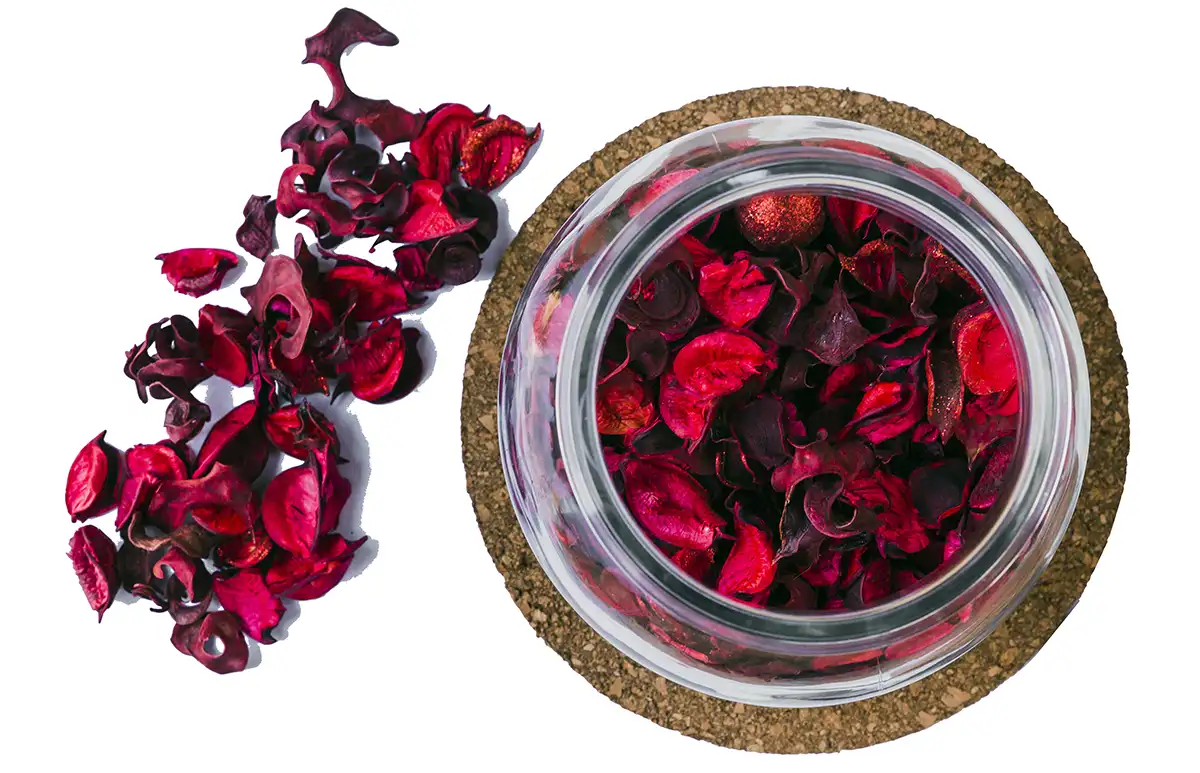
Hibiscus belongs to the Malvaceae family, encompassing over 200 species of flowering plants. Native to tropical and subtropical regions, hibiscus thrives in warm climates, adding splashes of color to landscapes and gardens. Its large, trumpet-shaped flowers, often measuring up to 10 centimeters across, are adorned with delicate petals that unfurl in a captivating display.
Hibiscus: A Culinary Delight
Hibiscus transcends its ornamental role, offering a unique culinary experience. Its calyces, the fleshy structures that support the flower petals, possess a tart, tangy flavor with hints of cranberry and pomegranate. These calyces are traditionally dried and used to brew hibiscus tea, a refreshing beverage that has gained worldwide popularity.
Hibiscus tea boasts a rich ruby red color, captivating the eye before tantalizing the taste buds. Its tartness, balanced by a subtle sweetness, makes it a delightful alternative to traditional teas. Hibiscus tea can be enjoyed hot or cold, often served with a touch of honey or lemon for added flavor.
Hibiscus: A Healthful Haven
Beyond its culinary allure, hibiscus is revered for its potential health benefits. Studies have shown that hibiscus may:
- Lower blood pressure: Hibiscus tea has been linked to a reduction in blood pressure, particularly in individuals with hypertension.
- Promote weight management: Hibiscus may aid in weight management by increasing metabolism and reducing fat absorption.
- Enhance liver health: Hibiscus may protect liver cells from damage and promote overall liver health.
- Exhibit antioxidant properties: Hibiscus is rich in antioxidants, which help combat harmful free radicals and protect cells from damage.
Nutrition Facts of Hibiscus
Hibiscus is a good source of several nutrients, including:
- Vitamin C: Hibiscus tea is a good source of vitamin C. It is an important antioxidant that helps protect cells from damage.
- Iron: Hibiscus tea is a good source of iron, which is essential for carrying oxygen throughout the body.
- Potassium: Hibiscus tea is a good source of potassium, which helps regulate blood pressure.
- Calcium: Hibiscus tea is a good source of calcium, which is important for building and maintaining strong bones.
- Anthocyanins: Hibiscus is a good source of anthocyanins, which are antioxidants that give hibiscus its red color. Anthocyanins have been linked to a number of health benefits, including improved heart health, reduced cancer risk, and better cognitive function.
Incorporating Organic Hibiscus into Daily Life
Hibiscus can seamlessly integrate into daily life, adding a touch of vibrancy and potential health benefits to various aspects of our routines.
Hibiscus tea
Enjoy a cup of hibiscus tea as a refreshing beverage. Hot or cold, to savor its tartness and potential health benefits.
Hibiscus-infused water: Infuse water with hibiscus flowers or dried calyces to create a refreshing and hydrating drink with a subtle hibiscus flavor.
Hibiscus in salads: Add hibiscus flowers or dried calyces to salads for a pop of color and a burst of tartness.
In jams and jellies: Hibiscus flowers can be used to make jams and jellies, adding a unique flavor and vibrant color.
Hibiscus in desserts: Hibiscus flowers or dried calyces can be incorporated into desserts, such as cakes, sorbets, and popsicles, for a touch of tartness and a beautiful color.
Hibiscus, with its captivating beauty, culinary versatility, and potential health benefits, is a true gem among flora. Its vibrant blooms adorn gardens and inspire creativity, while its tart, tangy flavor infuses beverages, dishes, and desserts with a touch of the exotic. Whether enjoyed as a refreshing tea, a culinary ingredient, or a source of potential health benefits, hibiscus invites us to embrace its beauty and discover its many facets.
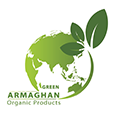
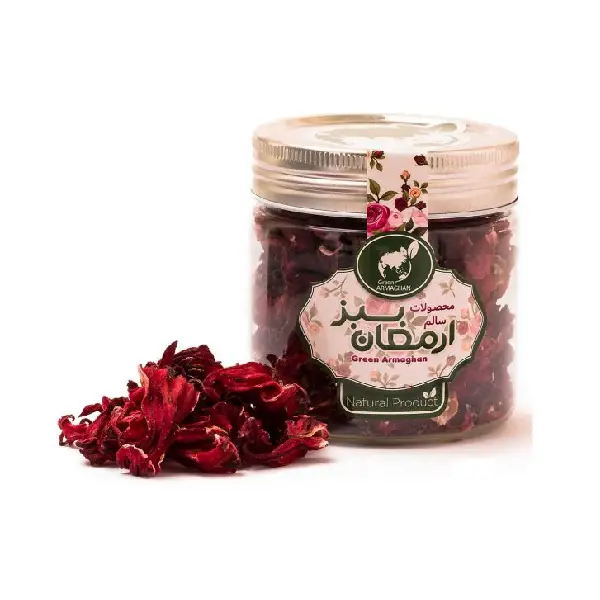
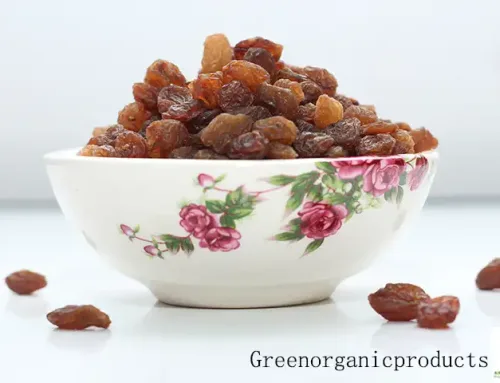
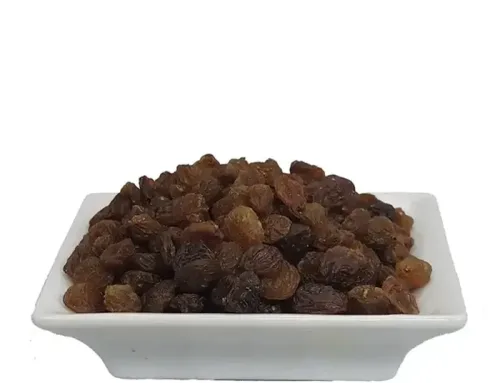
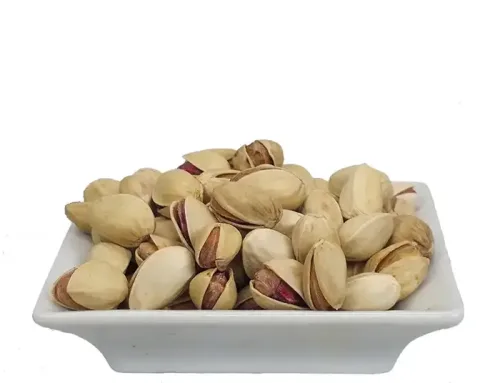
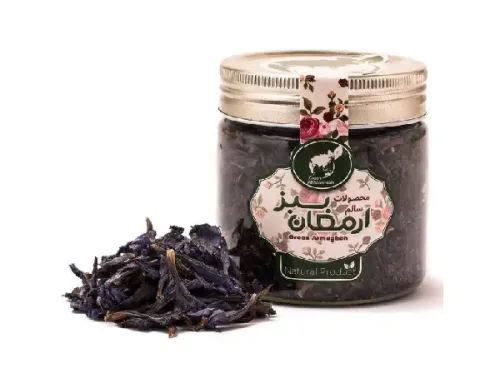
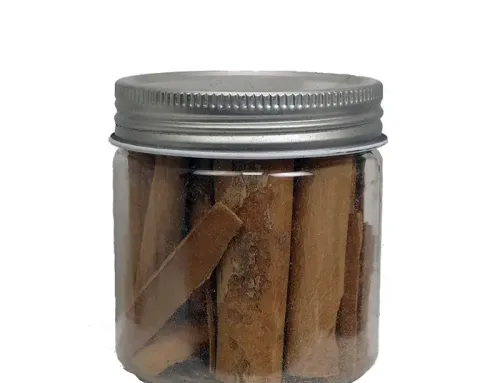
Leave A Comment